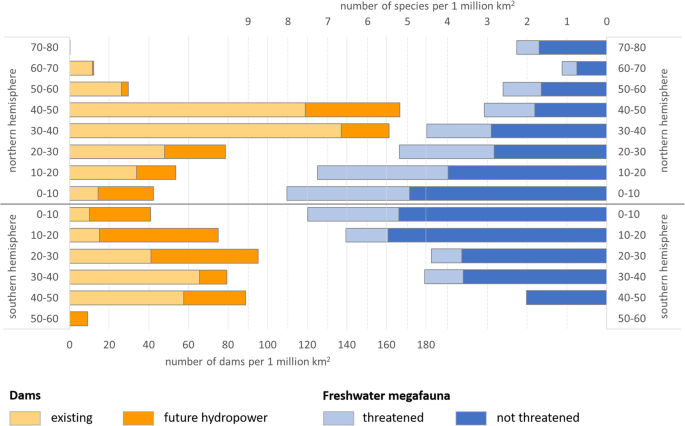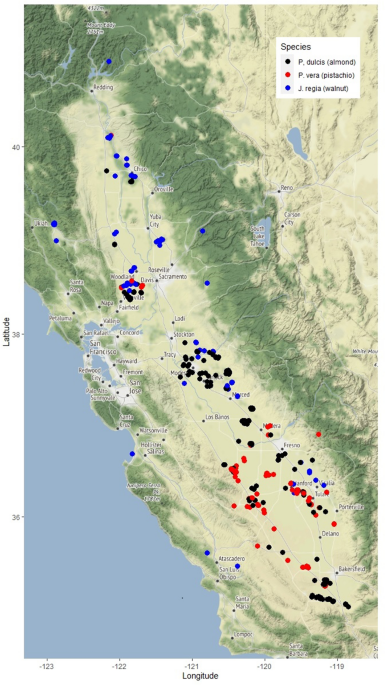
- Select a language for the TTS:
- UK English Female
- UK English Male
- US English Female
- US English Male
- Australian Female
- Australian Male
- Language selected: (auto detect) - EN
Play all audios:
Frank Dobson died on 11 November. For once the cliché is right. He was, indeed, a much-loved man of Labour. A Yorkshireman, Frank became leader of Camden Council, the most politicised and
warring of any major Labour municipality. During the long years of opposition from 1979 to 1997, Dobson proved an effective opposition politician, as he edged towards his pension without a
chance of power. Tony Blair was never much of a Dobsonsite any more than “Dobbo” was a Blairite. Frank’s unbelievable fund of very dirty jokes did not sit well with Blair. Nor did Dobson’s
beard. Like Robin Cook’s scraggly red beard, Dobson’s full rig — or indeed, Jeremy Corbyn’s bushy beard — weren’t part of Blair’s clean-shaven, smart suited cuff-links style. Nor was
Dobson’s crude, aggressive atheism in tune with the pious, mass-attending, undeclared Catholic sitting in No 10. Blair dutifully gave him two years as Health Secretary before replacing him
with younger successors. They opened up the NHS to a little internal competition and outsourcing, which Dobson, brought up on the virtues of 1945-era nationalisation, opposed. His family did
the Labour Party one last service in holding off the funeral until after the election. Everyone turned up – Blair, Miliband, Corbyn, scores of ministers, advisers, MPs from 1997 to 2010. It
was entirely fitting that the first big in-gathering of the Labour Party after the election disaster should be a funeral. Putative wannabe leaders like Rebecca Long-Bailey, Angela Rayner,
Emily Thornberry and Keir Starmer were there. As Rudi Guiliani said when Mayor of New York: “You can always skip a wedding but never miss a funeral.” It is far too early for anyone to say
what will happen next to Labour. Left commentators are trying to cheer themselves up by pointing out that pro-EU parties won 52 per cent of the votes last Thursday and that Johnson’s
80-strong majority is smaller than Margaret Thatcher’s 108 majority in 1987. Jim O’Neill, the former government minister and contributor to these pages, had been hitting the airwaves
demanding more Johnson money for his Northern Powerhouse and insisting on taxpayers’ largesse flowing to Manchester, Leeds, Liverpool, Sheffield and Newcastle. But these are all Labour
cities with Labour MPs and mayors. The new Tory seats are in forgotten Workington, Grimsby, or Bassetlaw, which feel as far from Leeds or Newcastle as they do from London. Their new Tory MPs
are demanding investment to bring dead high streets back to life, to produce well-paid jobs and all the other claims every Labour MP who represented those seats has made over 25 years. Good
luck to them — but when disappointment kicks in, those new Tory MPs should not assume the memory of getting Brexit done means a Tory vote in 2024. In fact, as we know Brexit will not be
done this year or the next. Leaving the EU Treaty is the easy part. Now the real marathon begins, with arguments over fishing rights, financial services, the viability of supply chains for
companies such as Nissan and Airbus, and Britain’s need to maintain access to the 450 million middle-class consumers across the Channel. All this was discussed sotto voce at the Dobson wake.
But there was no suggestion that the difficulties Johnson will face — not least over holding the UK together — help Labour. In the past when Labour lost an election, the instant blame game
was that Labour did not offer a radical, socialistic programme. No one can say that of the Labour manifesto. The Corbyn continuity candidates like Long-Bailey, Rayner, or Richard Burgon, as
well as the string-pullers of Momentum and Unite, will blame anything from the BBC to Brexit rather than look in the mirror. Someone has to emerge from the election process but no candidate
has the wit and punch of a Harold Wilson, the broad intellectual command of a John Smith or the sheer flair of Tony Blair. After 1951, Labour had to wait 13 years to form a government. After
1981, the wait lengthened to 18 years. We are only in year nine of a Tory government — or strictly speaking, year four of a non-coalition Tory government. Few current Labour politicians
seem conversant with history. The Dobson wake was the moment when Labour realised there is such a very long way to go.



:max_bytes(150000):strip_icc():focal(979x519:981x521)/naomi-judd-2000-04c023a3f5ad4201a6f1cbcbac4817b9.jpg)




